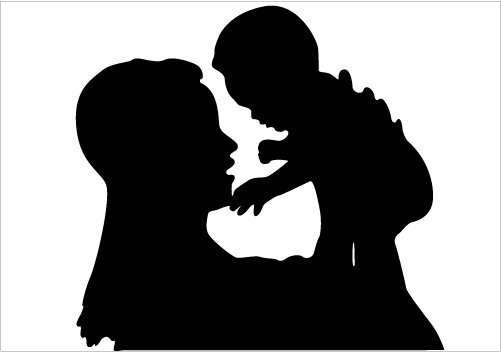Safe Motherhood
“Women are not dying of diseases we can’t treat… They are dying because societies have yet to make the decision that their lives are worth saving.”.
Mahmoud Fathalla, past president International Federation of Obstetricians and Gynecologists
Each year more than 500,000 women die in childbirth or from complications during pregnancy. Babies whose mothers have died during childbirth have a much greater chance of dying in their first year than those whose mothers remain alive. Ninety nine percent (99 per cent), of maternal and newborn mortality occurs in the developing world, where more than 50 per cent of women still deliver without the assistance of skilled health personnel. UNICEF 2012
Nigeria has the second highest maternal and child mortality rate in the world and accounts for 10% of the global maternal death.
As much as 30% of maternal deaths in Nigeria is attributed to excessive bleeding after birth – post partum hemorrhage (PPH)
More than a decade of research has shown that small and affordable measures can significantly reduce the health risks that women face when they become pregnant. Most maternal deaths could be prevented if women had access to appropriate health care during pregnancy, childbirth, and immediately afterwards.
- PPH IS PREVENTABLE
- PPH IS TREATABLE
THE NEED TO ACT
Improving maternal healthcare is one of the eight (8) priorities of the United Nations as expressed in the Millennium Development Goals.
A woman dies every minute as a result of pregnancy or childbirth. Most of these deaths are preventable and have been prevented in societies that consider the lives of women worth saving.
Only 35% of births in Nigeria take place in health facilities. The range is 8.4% for NW and 73.97% in SE. In the SS region, it is 48.1%. Of all deliveries in the SS, only 55.8% are attended by skilled workers. The national average is 39%; NW 9.8% and SE 81.5%. In resource poor communities women are exposed to significant risk of maternal death.
Click to find out exciting opportunities in partnering with EB to advance safe motherhood.

